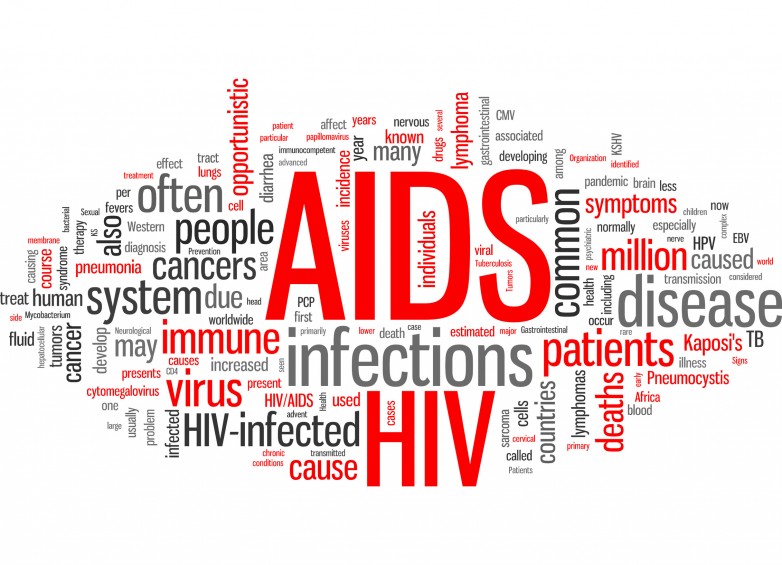Nearly half of all US adolescents aged 13 to 19 are sexually active. But black adolescents, who represent only 14 percent of that population, account for 63 percent of new cases of HIV among adolescents. In addition, it’s estimated that more than 2 million adolescents, many of whom are sexually active, experience a major depressive episode. Could unique psychological factors that hamper emotional regulation help explain differences in HIV/STI risk-related sexual behaviors among heterosexually active black youth with mental illnesses?
A new University of Pennsylvania School of Nursing (Penn Nursing) study has investigated this question. The findings suggest that psychoeducation and skills building may help sever the emotion-behavior link that contributes to HIV/STI risk among this demographic. The study, “Feelings Matter: Depression Severity and Emotion Regulation in HIV/STI Risk-Related Sexual Behaviors,” which has been published in the Journal of Child and Family Studies, was designed to examine contextual factors related to HIV/STI risk among heterosexually active black adolescents with mental illnesses. It explicitly focused on depression and emotion regulation to uncover how these factors in?uence sexual decision-making.
“Blacks, adolescents, and people with mental illnesses are all disproportionately affected by HIV/STIs,” explains the study’s lead author Bridgette M. Brawner, PhD, APRN, Assistant Professor of Nursing in the Department of Family and Community Health. “We know that the unique psychopathology of mental illness, including impulsivity and engaging in unprotected sex to alleviate depressed mood, may heighten one ‘s HIV/STI risk. Our study indicates we need to better understand unique HIV/STI prevention needs among black adolescents with mental illnesses and that improving coping mechanisms to help regulate emotion should be addressed in HIV/STI prevention research.”






